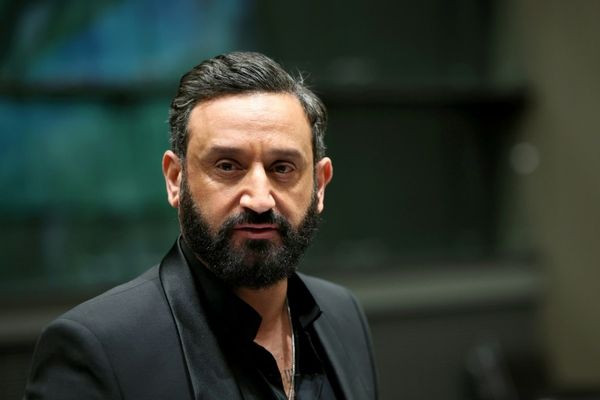A passion for public education and supporting students who seem "a little bit rough around the edges" unites two new Canberra school teachers.
There were 15 vacancies in ACT public schools on January 10, and the territory has struggled with workforce shortages.
However, new educators are enthusiastic and keen to make a difference in their classrooms.
'Relate to those students'
Rhiannon Steenbergen has always wanted to be a teacher, and 14 years after graduating high school will finally have her own classroom at Bonython Primary.
"Even when I was quite young, I knew that I really wanted to work with children," she said.
"I come from a really low socioeconomic background myself, so I was really passionate about helping other people overcome some of the statistics around that."

The first in her family to graduate university, she will have "a bit of an affinity for the kids that might seem a little bit rough around the edges, because I was probably one of those students too".
"I can relate to those students that sometimes might feel really challenging," Ms Steenbergen said.
She worked as a full-time relief teacher at Bonython Primary for six months last year, and will teach Years 1 and 2 in 2024.
From youth work to teaching
Jamie Foster will take his professional skills as a youth worker into his new role as a history and geography teacher at Canberra High School.
After struggling at school and working odd jobs, Mr Foster trained as a social worker and worked in "some of the more challenging parts of London" before moving to Canberra.
He has spent nearly eight years in ACT public schools.
"I've changed to teaching now so I can support some more of those students in the classroom," Mr Foster said.
"I didn't really enjoy school much at all, and I think I'm an example of lifelong learning."
He will begin teaching at Canberra High when school returns in February, and hopes to have lots of hands-on activities to engage students.

'Finally ready'
Both teachers studied at the University of Canberra part-time, and said they appreciated the flexibility of their degrees.
Mr Foster studied his second masters degree while working as a youth worker for five years, and has now been accepted into a PhD program.
After seven years as a dental nurse, Ms Steenbergen studied teaching for another seven years, taking periods of time off to support herself financially.
"I feel like I'm finally ready to start doing what I've been working towards for a long time, which is really exciting," she said.
Because of their life experiences, Ms Steenbergen and Mr Foster were very keen to work in public education.
Mr Foster said he believes "educating everybody together puts the whole community together".
He said adults who have grown up with different types of people may be more tolerant and create strong communities.

Working in a public school is an opportunity to give back, Ms Steenbergen said.
"I'm from a low SES background, and so public school was where I went, and I think putting back into that is really important," she said.
The ACT Education directorate said they were currently hiring more teachers before the start of Term 1, 2024.
"Teacher supply is a key issue for all states and territories and sectors," a spokesperson said.
"The permanent vacancies in our system tend to be in very specialised positions - for example language teaching - which are more difficult to recruit to due to the specialist skills required."
The graduates will also benefit from a new, more generous enterprise agreement.

The new educators will receive $84,978 this year, and by the end of 2025 they will be earning $91,396.
They were two of 160 teachers to attend the Education Directorate's New Educator Induction Week on Tuesday at the University of Canberra's Bruce campus.
The federal government has also started campaigning to increase the status of teachers in the community.
They have spent $10 million on an advertising campaign.

- A previous version of this article said a new educator would be paid $80,858 in 2024. The salary is actually $84,978.







